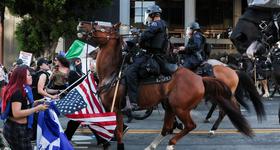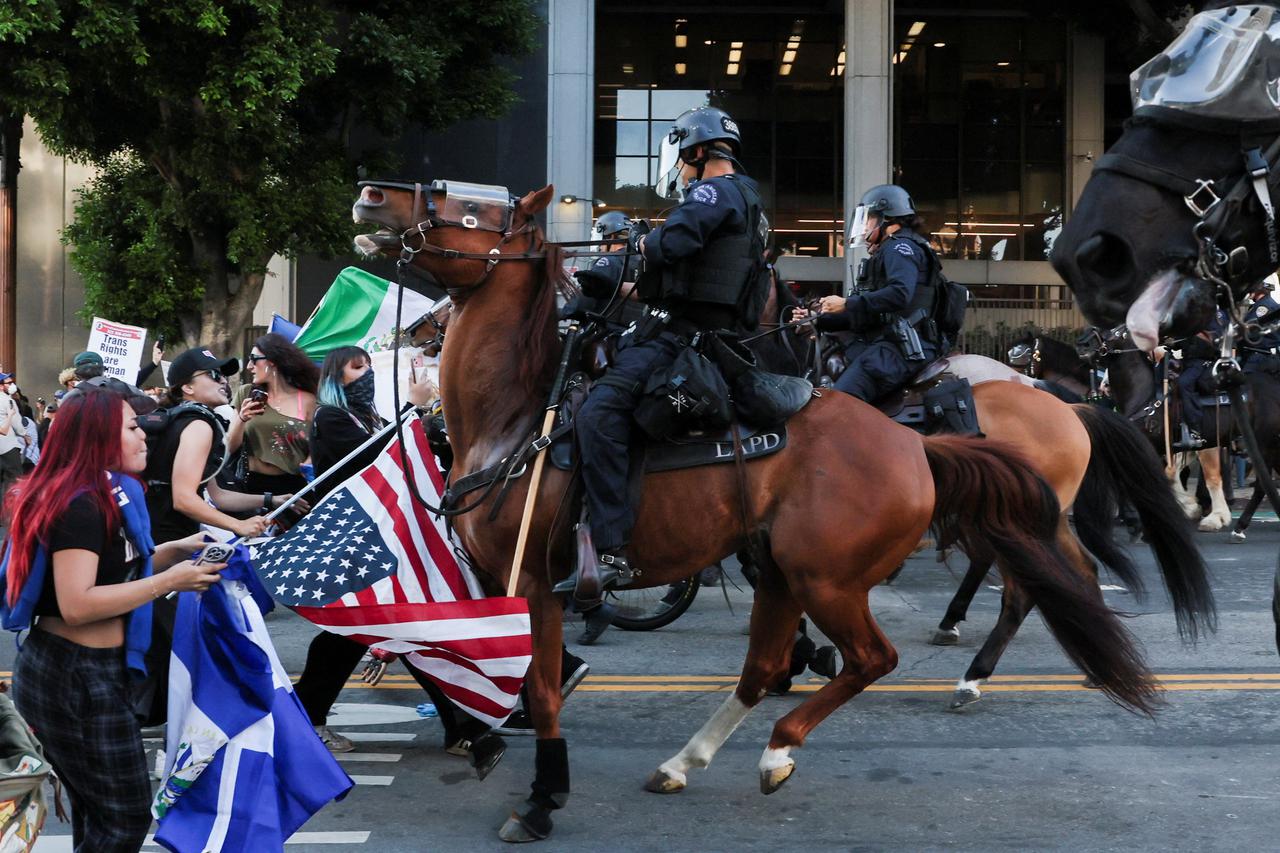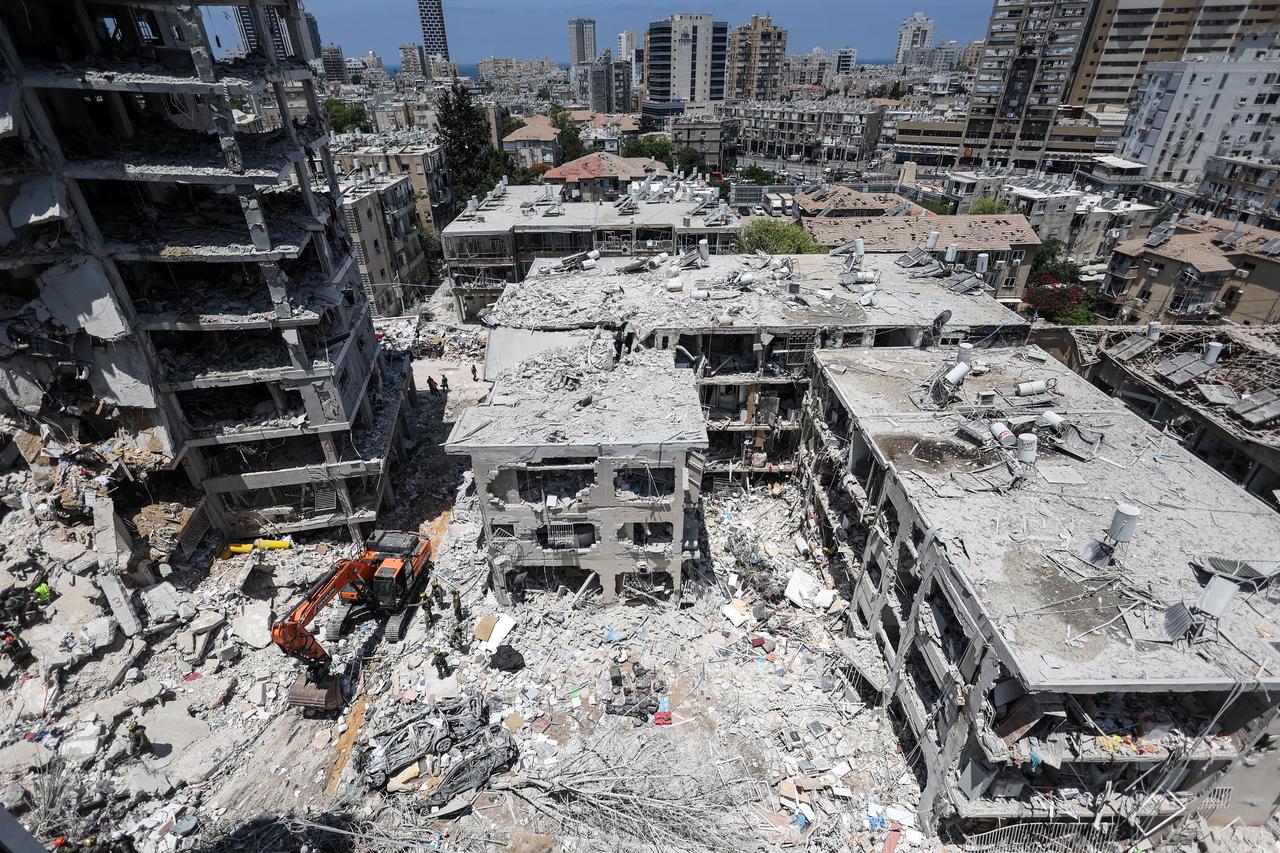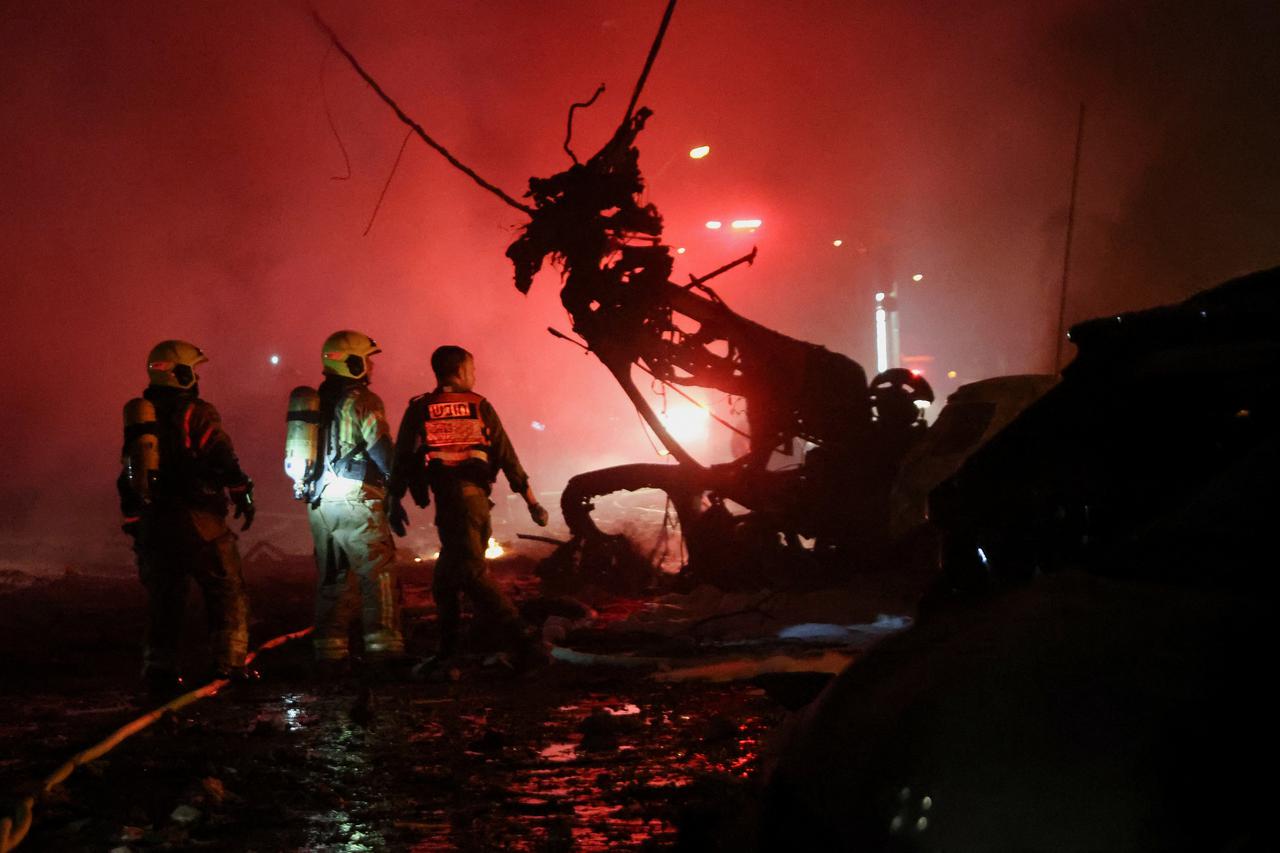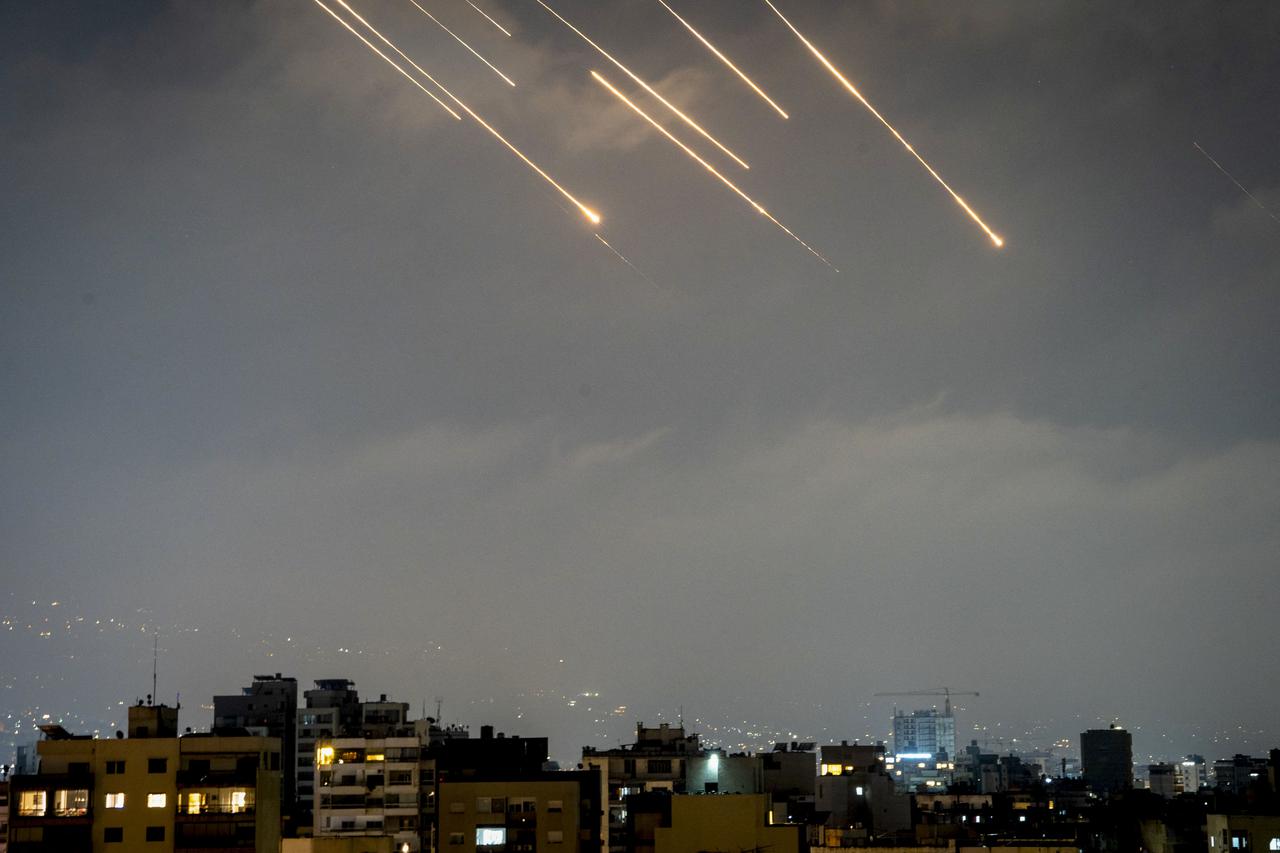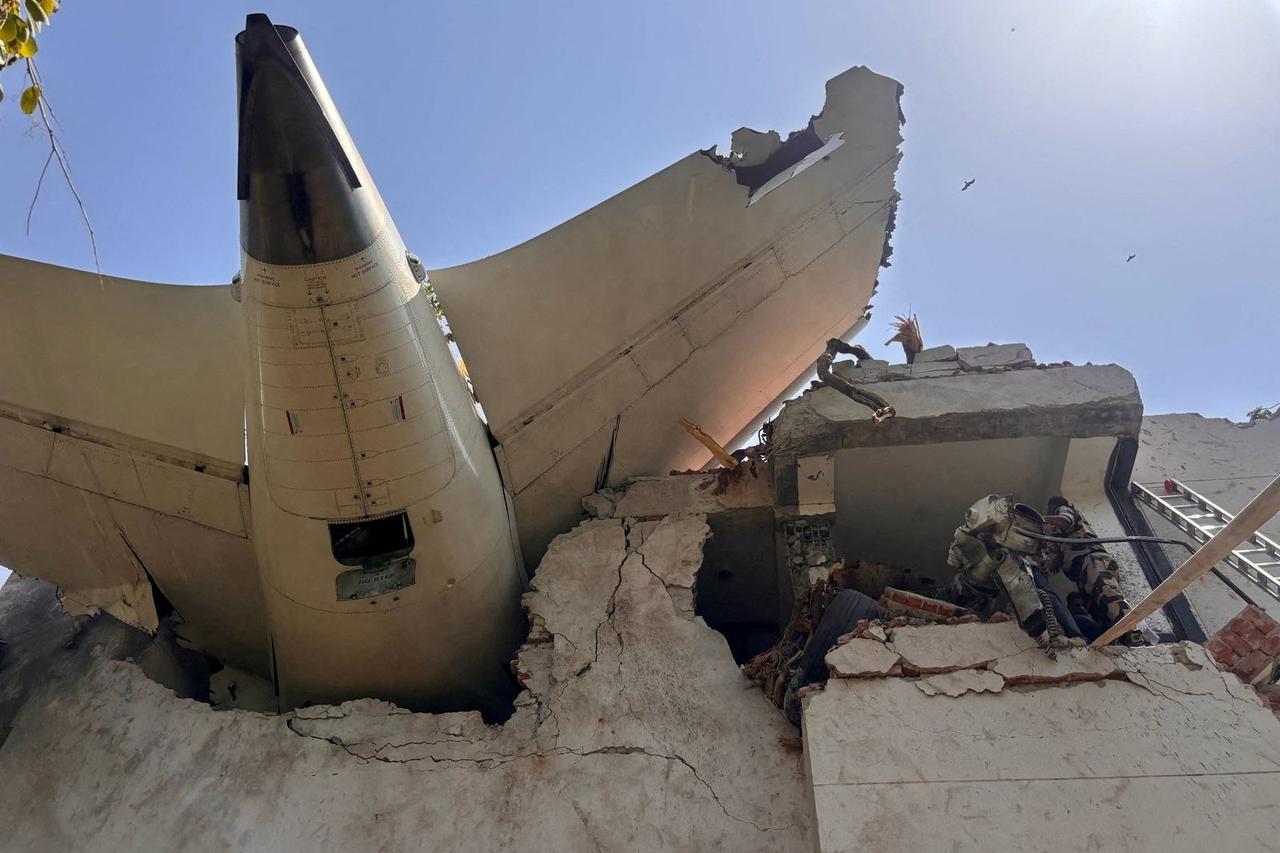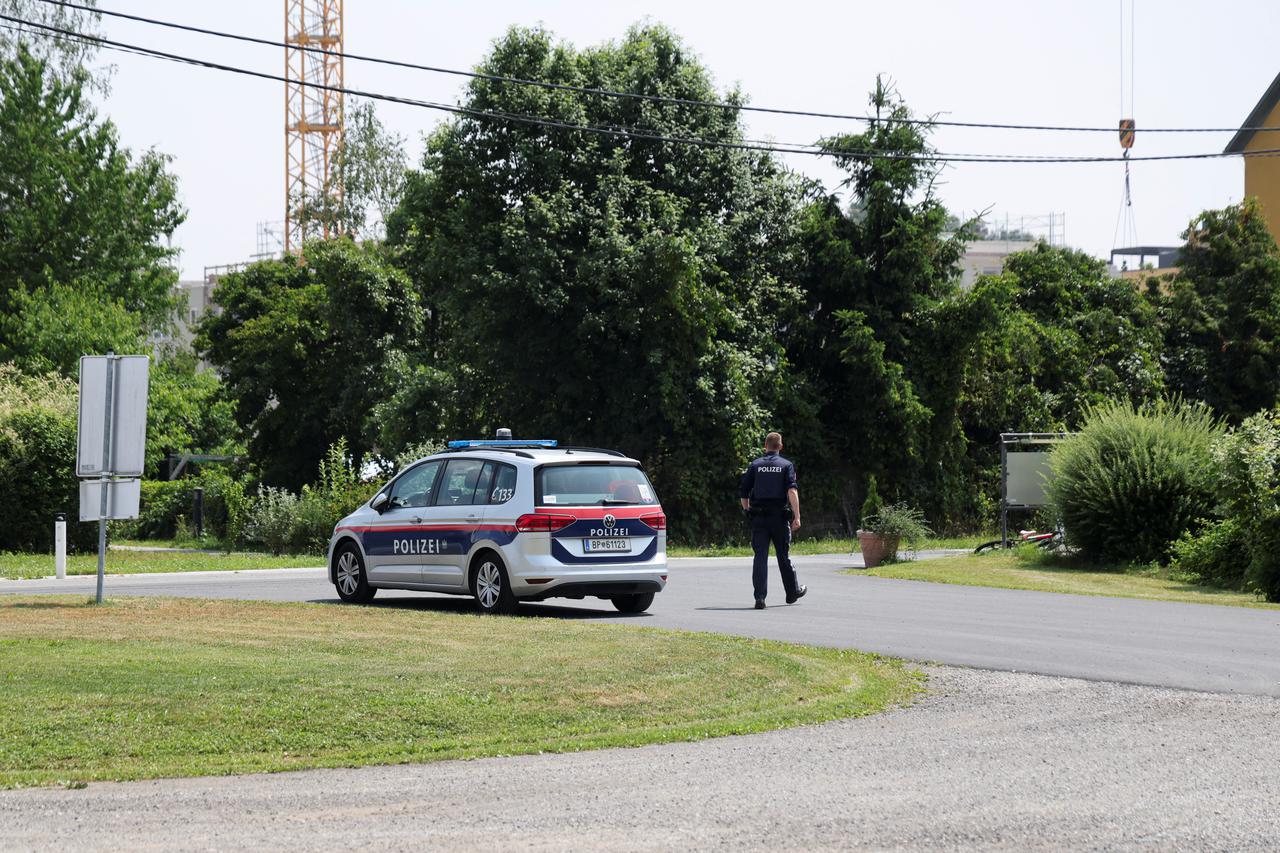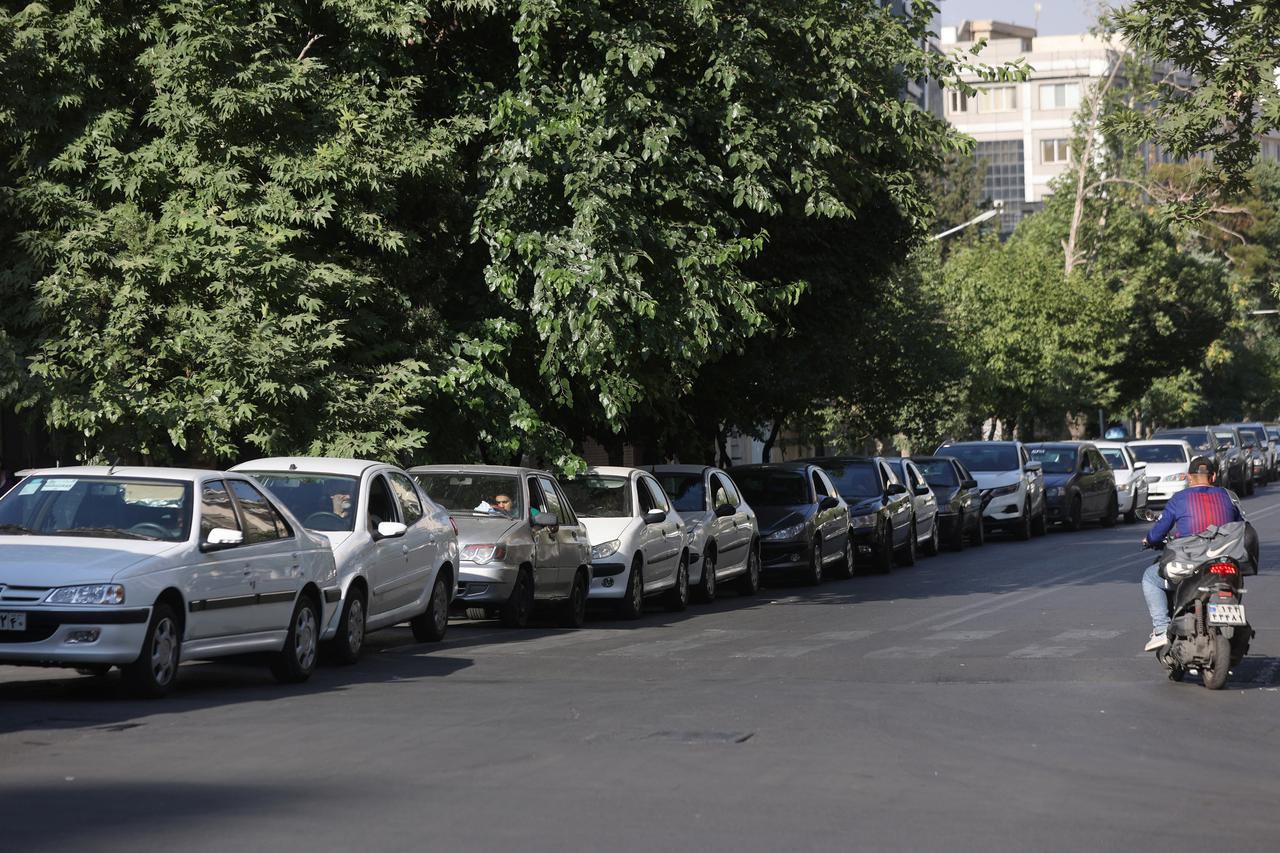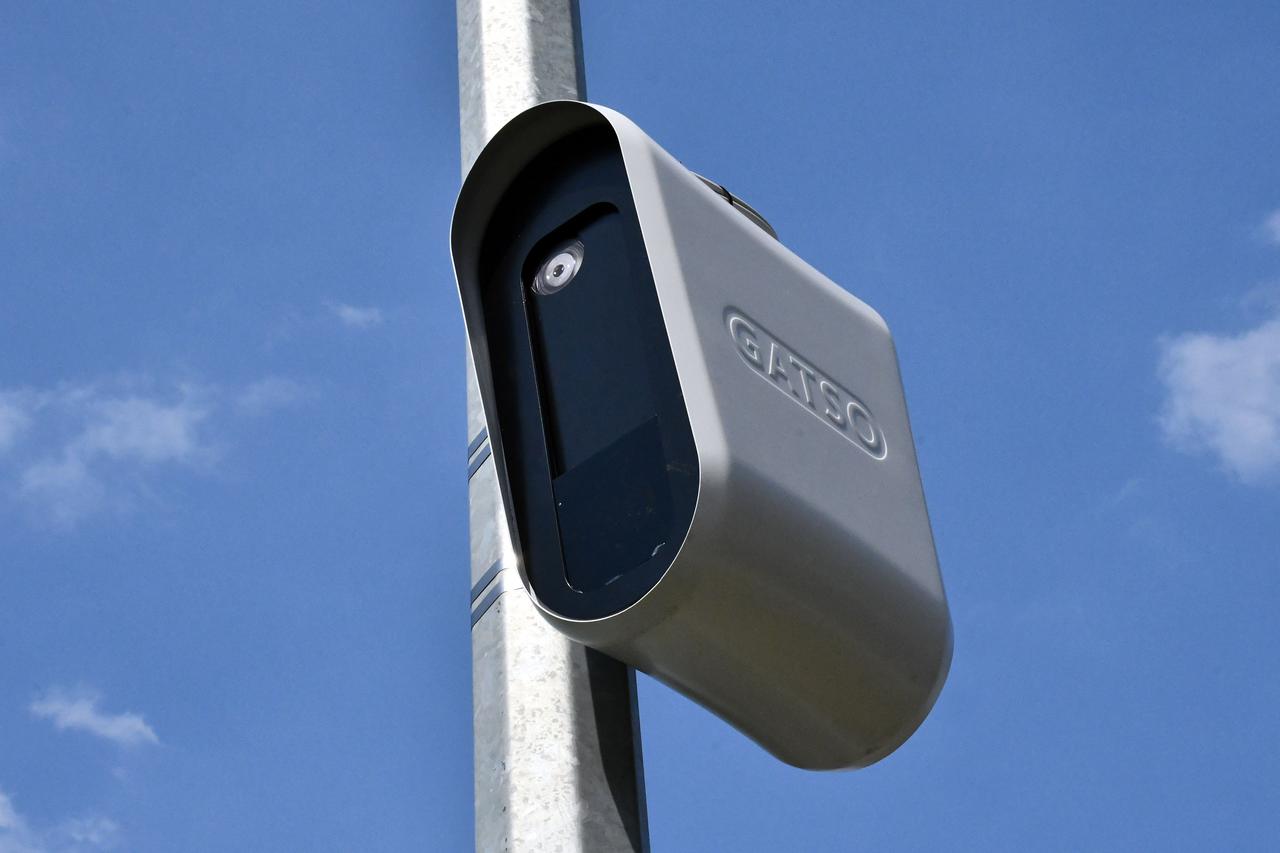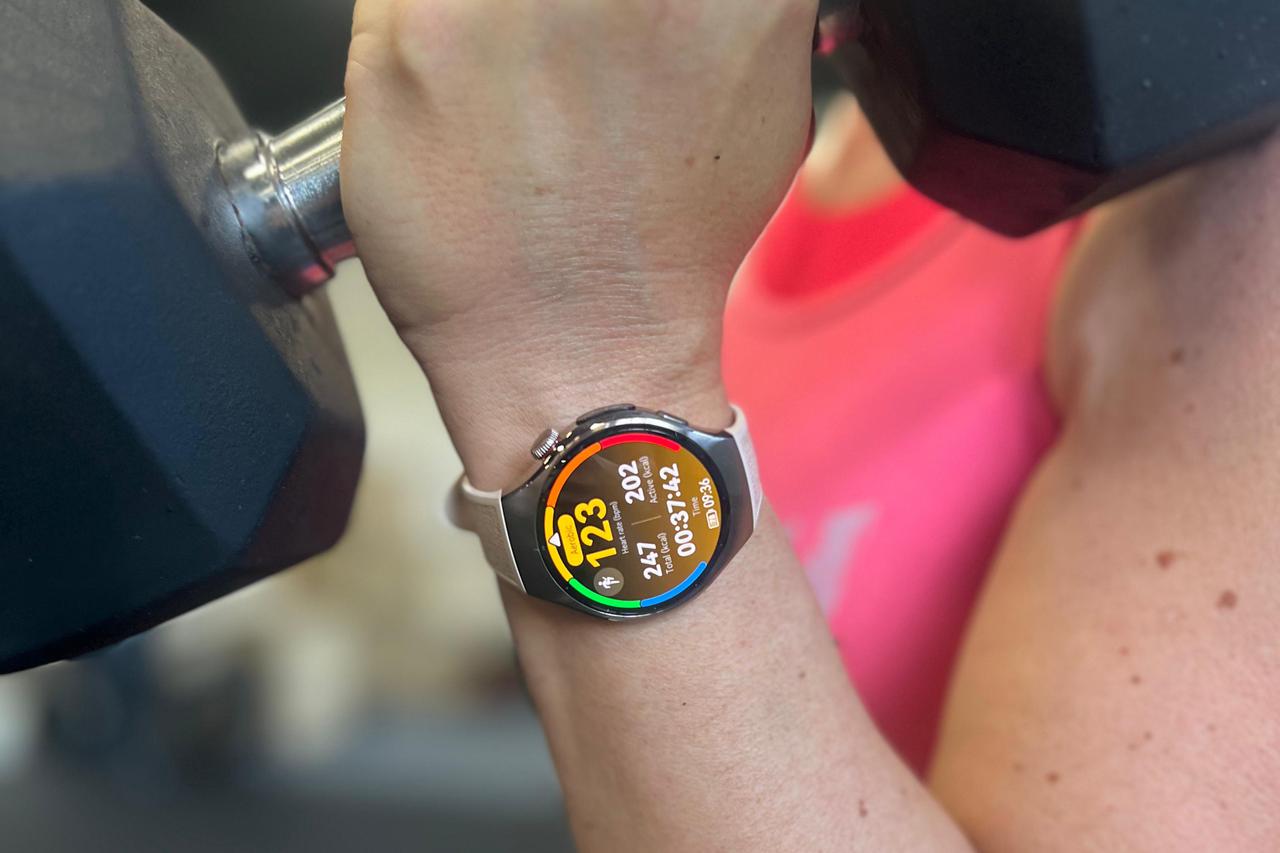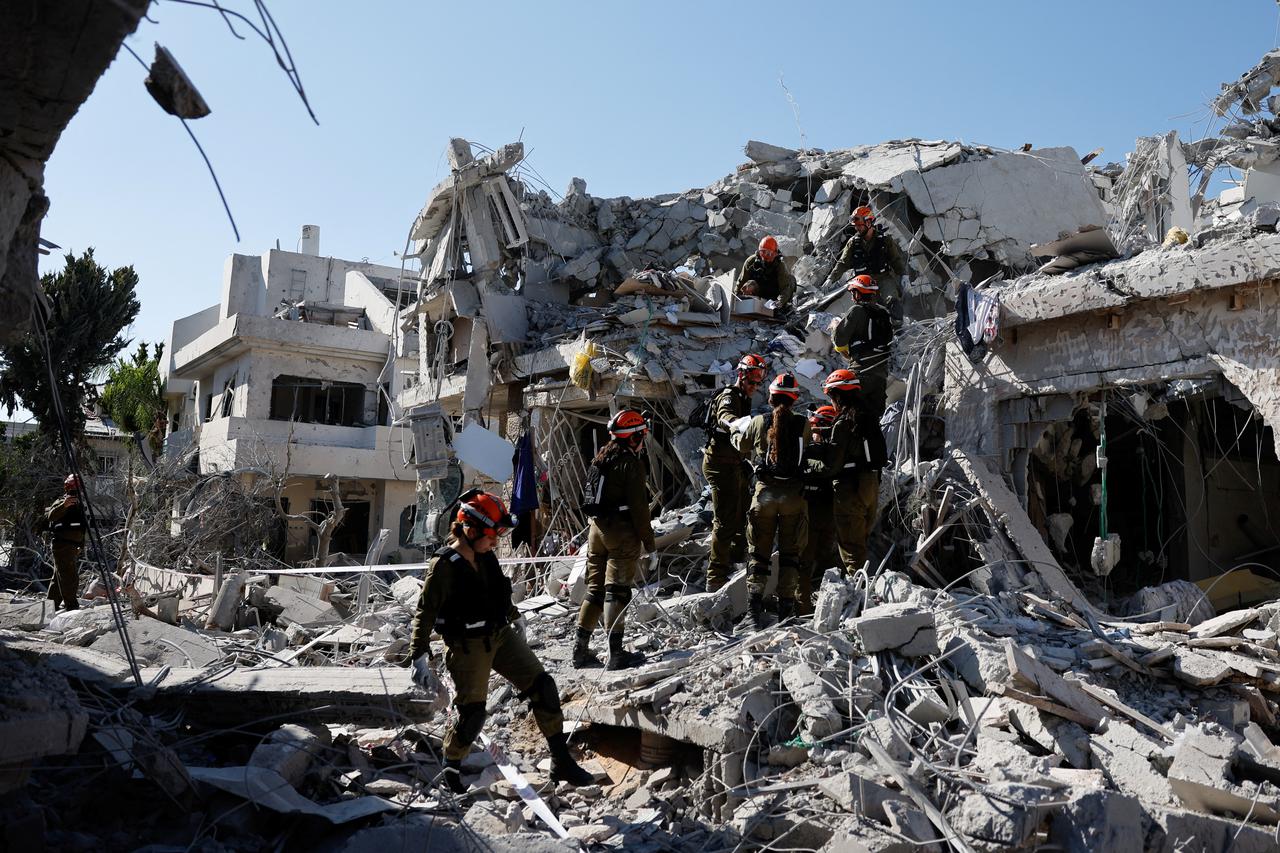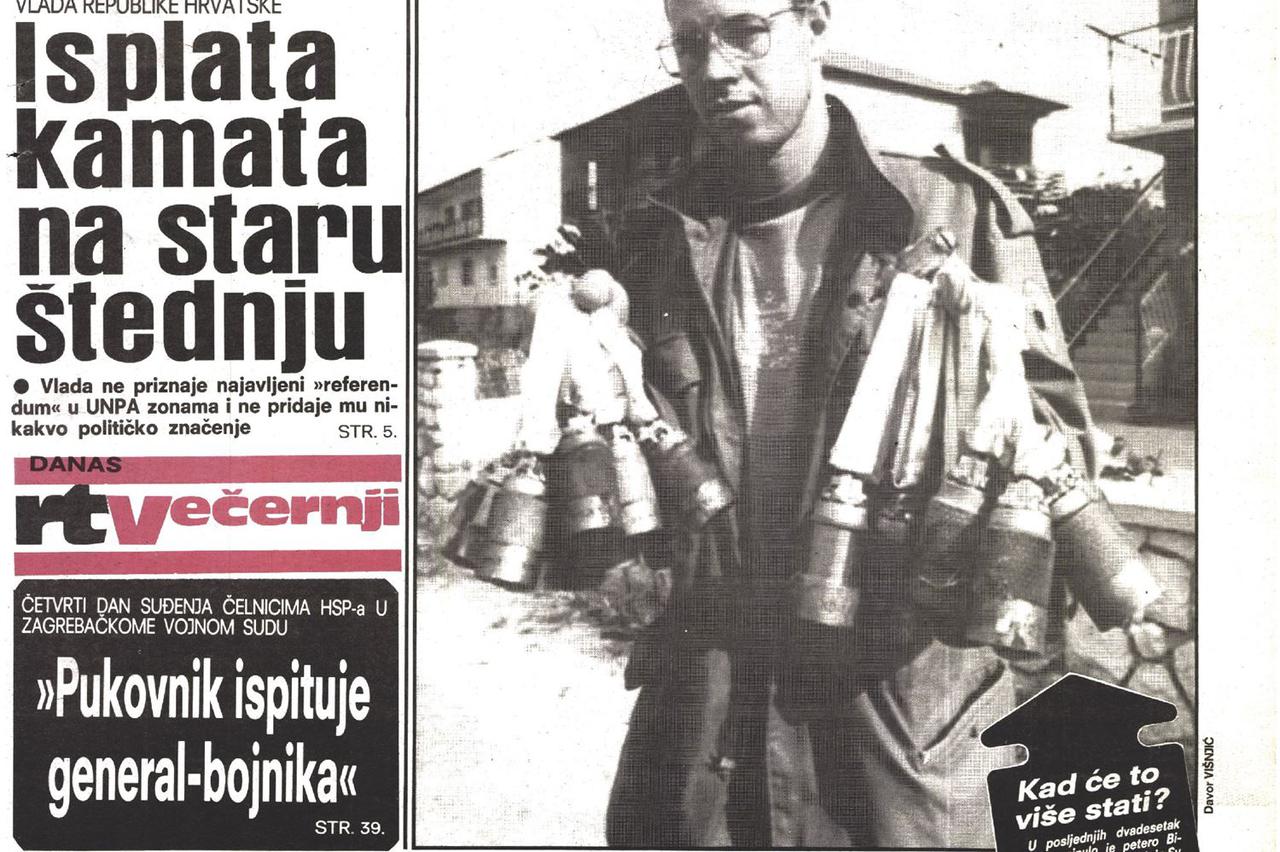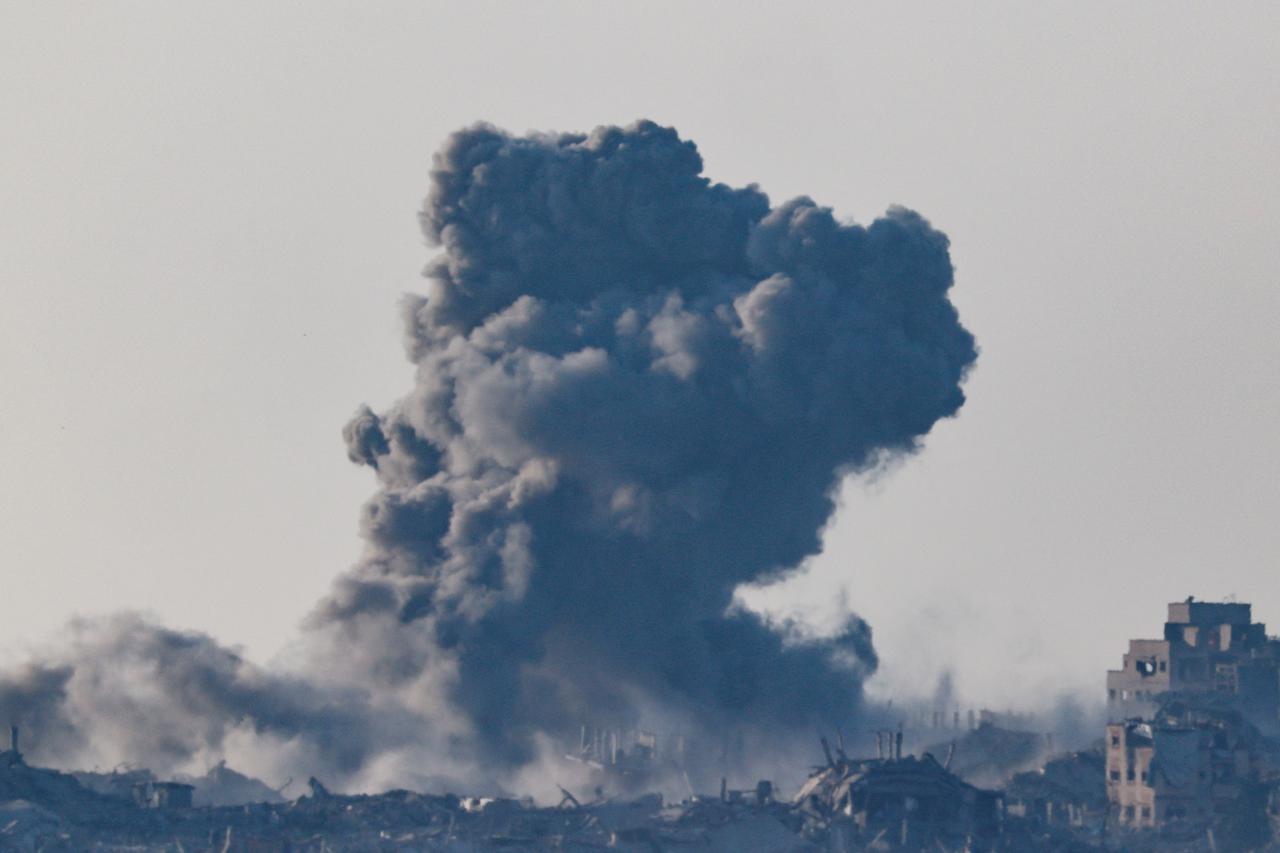Following new Israeli attacks on Iranian targets, including military bases and facilities linked to the nuclear program, residents of Tehran are fleeing the capital en masse. Traffic is extremely heavy at all main exits from the city, with many trying to escape due to fear of further attacks. The Iranian state news agency IRNA reports long lines of cars leaving the city. Residents say they receive no warnings about the attacks, only hear explosions, which increases the sense of insecurity. The Israeli Prime Minister has announced the continuation of the military operation against Iran, as the situation in the region escalates. People are organizing through apps for shared travel and exchanging information about safe routes, although many such apps are banned in Iran.
Political Perspectives:
Left: Left-leaning sources tend to emphasize the humanitarian impact of the conflict, focusing on the plight of Tehran residents fleeing the city and the dangers faced by civilians. They may highlight the lack of warnings and the fear among the population, as well as the broader consequences of military escalation in the region.
Center: Centrist sources report the facts of the Israeli attacks and the resulting mass exodus from Tehran, providing balanced coverage of the military actions and the civilian response. They focus on the escalation of tensions between Israel and Iran and the regional security implications without strong bias.
Right: Right-leaning sources emphasize the justification of Israeli military actions as necessary to counter Iran’s nuclear ambitions and threats. They may highlight statements from Israeli officials about Iran’s nuclear capabilities and frame the attacks as a defensive measure, while downplaying the civilian impact or attributing it to the Iranian regime’s policies.






